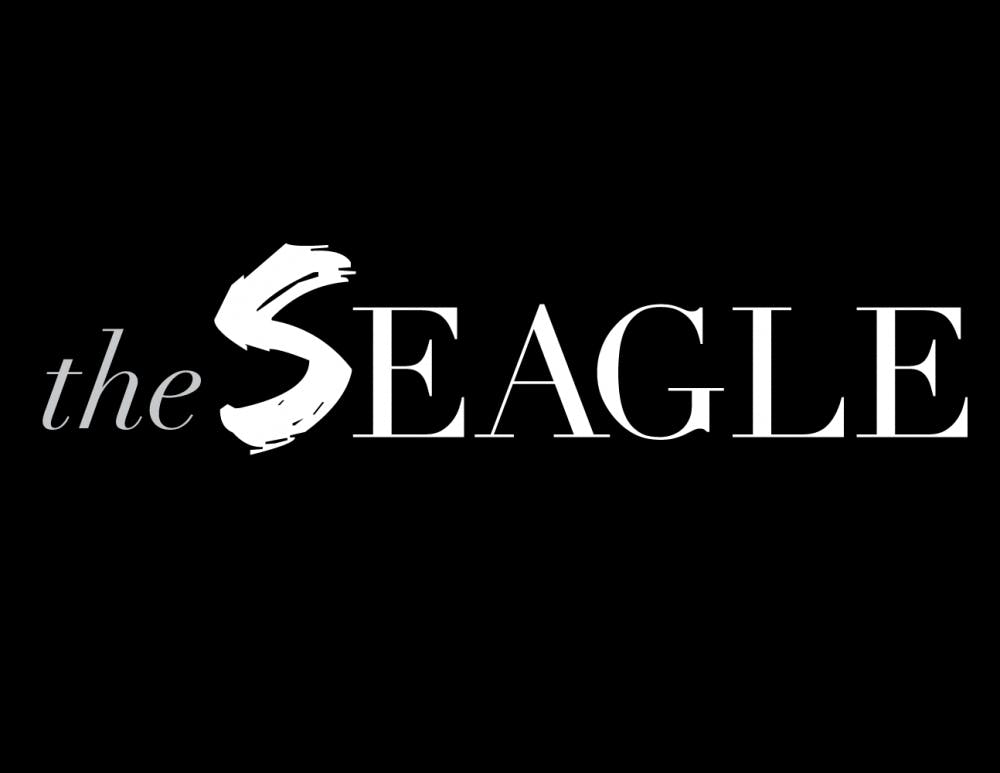The following piece is satire and should not be misconstrued for actual reporting. Any resemblance to a student, staff or faculty member is coincidental.
On Wednesday, the Office of the AU Provost issued a fourteen-paragraph email to students announcing the date of the announcement of the date on which the search for a new adjunct professor in the School of Public Affairs will begin.
“Dear students, we are pleased to announce that on August 10, American University will be announcing the date of announcement of the date on which our search for a new professor will begin,” the email read. “We plan to update the student body as our plans develop before our plans develop and just before we begin the pre-development phase of developing our plans.”
The email commented on the University’s commitment to increasing the length and frequency of emails, actions they believe will increase transparency between students and administrators.
“Transparent emails are the pillar of democracy,” the email read. “That is why, on August 28, we will be announcing our five-phase plan for assembling a preliminary working group to draft the three-phase plan for assembling a permanent working group to ensure the transparency of university communications. We are thrilled about the announcement for the announcement of this plan and we hope you will follow along on our long, arduous journey to becoming more transparent beginning on August 28.”
As per a report issued by the AU Committee for Analyzing University Emails, the recent email had an average reading time of 28 minutes. Needless to say, the committee was impressed with the brevity of this email.
According to Committee co-presidents Michael Bennington and Maya Shalhoub, this email was the second-shortest University-sanctioned message in AU history. “Yeah, the school’s single-sentence apology email to the people they accidentally admitted last year takes the cake,” said Bennington. “We actually had some fun debate over that one because all it said was ‘oops,’ which is more of an exclamatory phrase than an actual sentence. It was also written in all lowercase letters and had a dollar sign replacing the ‘s,’ which further complicated things.”
Whether the single word “oops” constitutes a sentence wasn’t the only heated debate among committee members, who also considered disbanding the committee entirely following the sharp increase in email length during the COVID-19 pandemic.
“I mean, those emails were increasing in unprecedented amounts,” said Shalhoub. “We feared they were too much for our small committee to handle. Committee members were passing out from exhaustion trying to finish their allotted tasks and one was hospitalized after reading an email about an announcement announcing the date of the release of university mask protocols in one sitting. Ultimately, we decided to hire another two chairs and replace the fallen member with someone more willing to sacrifice their physical and mental wellbeing for the sake of reading university emails promptly. These decisions have allowed us to continue operating.”
The humble work of analyzing emails is expected to continue, as it is rumored the University will release a series of Microsoft Office-related emails later this week. Until then, Shalhoub urges students to brush up on their reading comprehension, invest in a pair of blue light glasses and prepare for a long week of emails ahead.
Nora Sullivan is a senior in the School of International Service and the satire editor at The Eagle.





